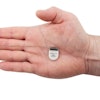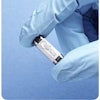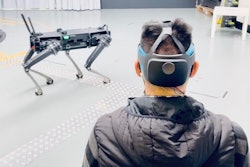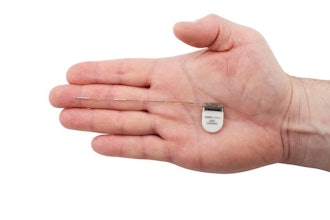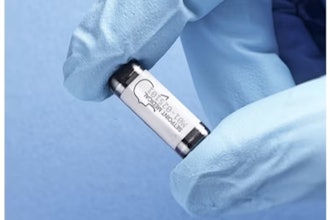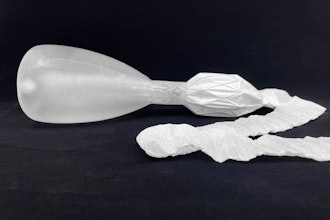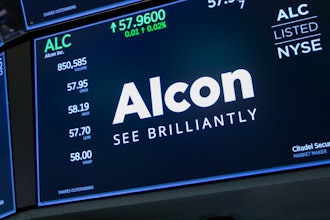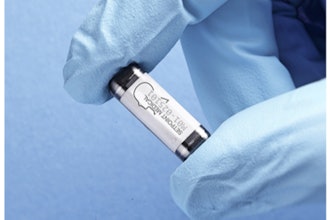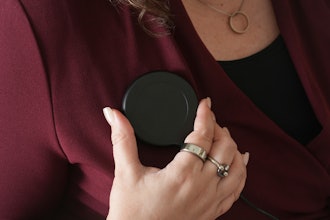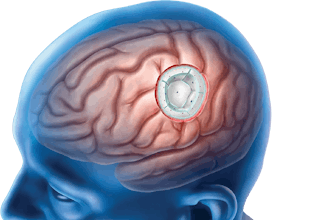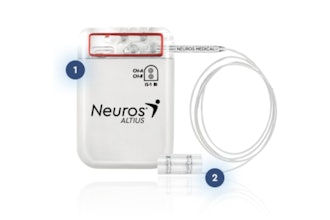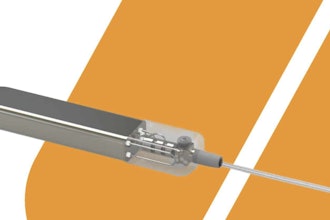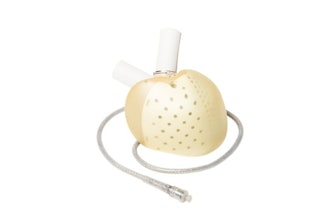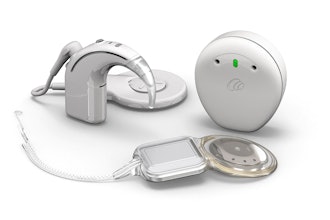
Conformal Medical, a medical device company developing left atrial appendage occlusion (LAAO) technology, today announced the successful completion of its Series D funding round, raising a total of $35 million.
The highly supported round reflects the progress and achievements made since its last funding round, which includes the initiation of the CONFORM Clinical Trial. The CONFORM Trial is the company's pivotal trial evaluating the safety and efficacy of the CLAAS System compared to other commercially available LAAO devices and will support U.S. Food and Drug Administration (FDA) pre-market approval. The CLAAS System is designed to seal the left atrial appendage (LAA) in patients with non-valvular atrial fibrillation (Afib) to reduce the risk of stroke without the need for anticoagulants.
"Conformal Medical is committed to bringing the innovative CLAAS System to the large and rapidly growing LAAO market in the United States," said James Reinstein, CEO. "The Series D funding provides us the resources to complete enrollment in the CONFORM trial, drive iterative development projects, and broaden the clinical experience of the CLAAS System in expanded geographies. We are thrilled with the ongoing support of our investors and welcome SPRIG Equity in recognizing the significant market opportunity and the potential advantages our system can provide."
Conformal Medical's proprietary CLAAS technology features a foam-based architecture designed to conform to a broad range of LAA anatomies with only two sizes. The CLAAS device further aims to simplify the procedure by allowing off-axis positioning while providing a more uniform seal. The CLAAS implant may also be able to eliminate the need for procedural transesophageal echocardiogram so that physicians may perform the procedure without general anesthesia. This is a significant advancement with the potential to shift clinical practice to a single operator procedure performed under conscious sedation without general anesthesia. The company remains focused on completing the clinical trial to demonstrate its safety profile and ability to offer breakthrough solutions that address unmet clinical needs and transform the way structural heart diseases are diagnosed and treated.


